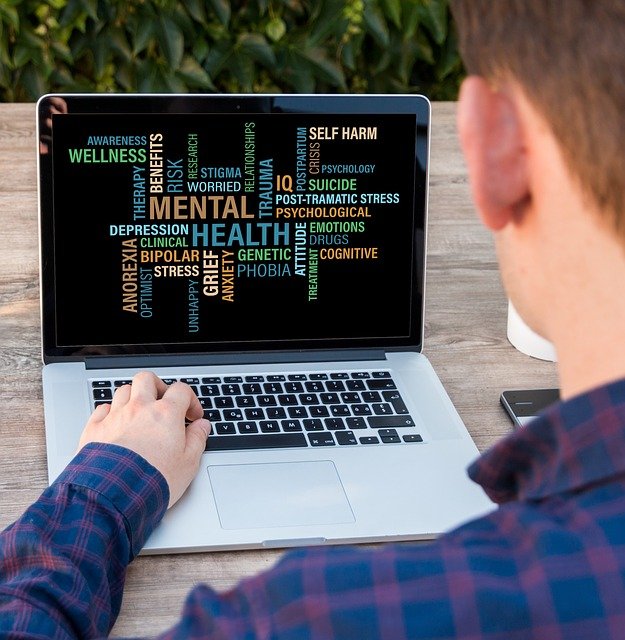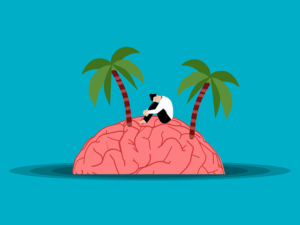
If you feel out of practice socializing after the last few years of social distancing, you’re not alone. If you feel more anxious than usual when leaving the house to socialize, that’s also totally normal, as is occasionally feeling overwhelmed or out of your element in large crowds.
Cleveland Clinic is a non-profit academic medical center. Advertising on our site helps support our mission. We do not endorse non-Cleveland Clinic products or services. Policy
However, when these nervous feelings persist — and cause you great anguish — you might have a social anxiety disorder.
“Social anxiety is one of those disorders where the name is pretty accurate in describing what it is,” says psychologist Dawn Potter, PsyD. “It’s anxiety that occurs in a social situation. If you have anxiety that routinely pops up in social situations that causes distress or inhibits you from doing things you want to do, then we might start to consider this a disorder. A person with social anxiety disorder would have frequent anxiety, panic or significant discomfort in a social situation. Then they would want to avoid that situation, or would enter that situation with a lot of distress.”
Dr. Potter adds that there are different kinds of social anxiety. While one involves being uncomfortable with or avoiding social situations — either big or small groups of people you might not know well, whether in public or private — there’s also a specific type of social anxiety around public speaking.
“It’s performance-based only,” says Dr. Potter. “You would have anxiety about public speaking, but wouldn’t necessarily have anxiety about going to a party, ordering at a restaurant or speaking on the phone to an unknown person.”
Contrary to popular belief, being quiet in social situations, or preferring to socialize in small groups, doesn’t mean you have social anxiety — and this disorder isn’t synonymous with being an introvert. “Even if extroverts are generally outgoing and talkative, and like meeting new people, they can also feel nervous, anxious or on edge when meeting new people and performing in front of groups,” says Dr. Potter.
How to get over social anxiety
Dr. Potter stresses that it’s important to address your social anxiety, even if this feels difficult since it can have a major impact on your life. “It can have subtle negative effects on your career, friendships, dating life, or even family relationships,” she says. “It can affect you so broadly when you miss opportunities. When a person’s isolated, it can lead to depression because you miss opportunities to have a good time or enjoy yourself, and feel connected to other people.”
Luckily, Dr. Potter notes that social anxiety is very treatable, although strategies for overcoming social anxiety depend both on your individual personality and how much the disorder is affecting your life. For example, if you have panic attacks when going out …….
Source: https://health.clevelandclinic.org/how-to-overcome-social-anxiety/




